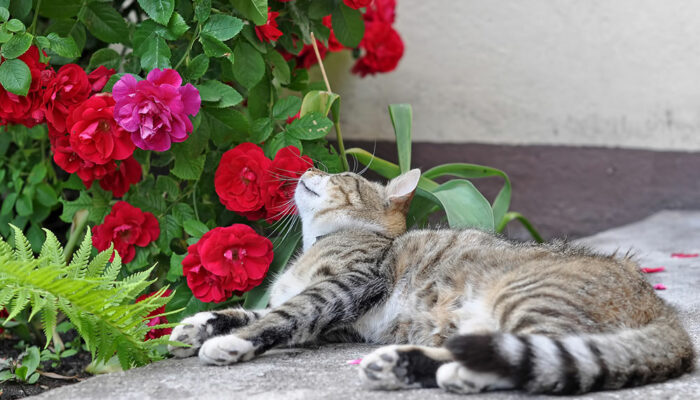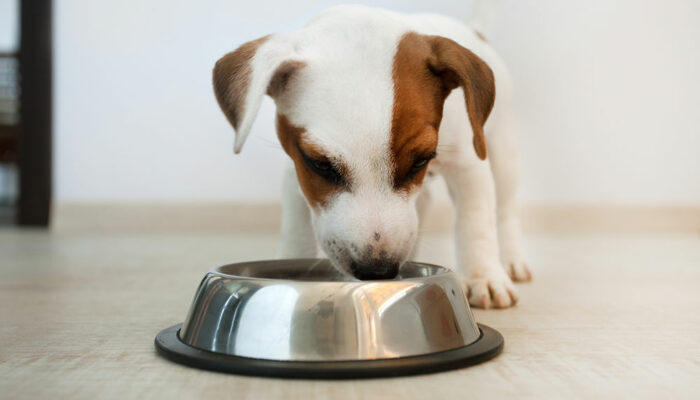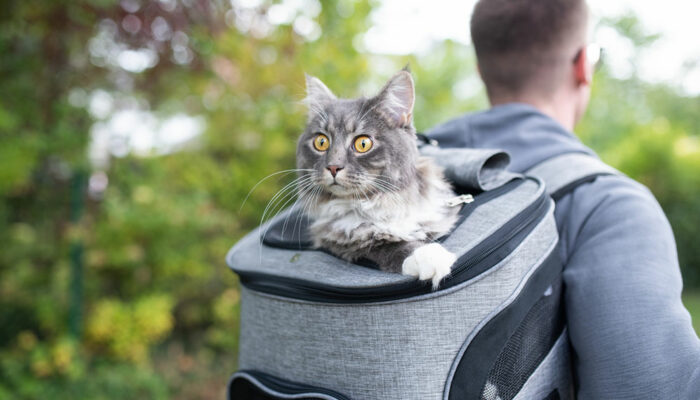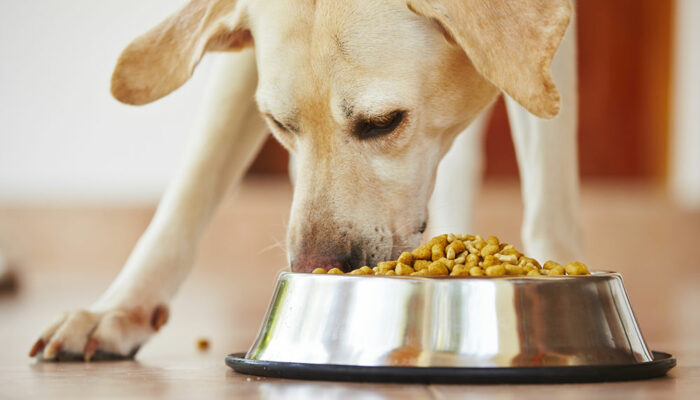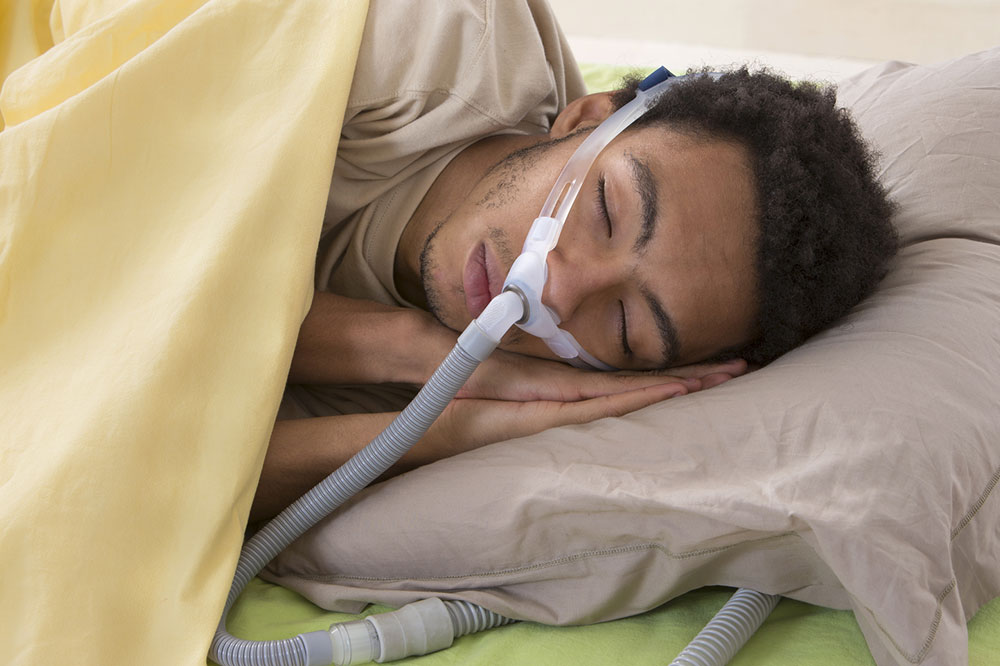
Foods to Eat and Avoid to Manage Sleep Apnea
The quality of sleep is pivotal. People who have sleep apnea might want to sleep more but might not feel satisfied even if they sleep a few extra hours. If studies are to be believed, every second patient of sleep apnea is overweight. It is for this reason why your diet has a detrimental impact on sleep.
So, what foods to eat and avoid for sleep apnea? Let us find out.
Foods to eat
- Vegetables and fruits
These have high fiber and nutrient content and are low on calories. The foods and veggies can be a delightful substitute for candies and cookies. Moreover, the high degree of fiber content in fruits and vegetables promotes a feeling of fullness. So, if you feel full, you will not overeat. It is a crucial food inclusion because a lot of patients with sleep apnea are overweight.
- Whole grains
Whole grains work quite similarly to vegetables and fruits. They are a rich source of fiber and have a good nutrition value. Moreover, these, too, will keep you full for a long time. Cereals and bread have a myriad of whole-grain alternatives. You can pick oats, pearled barley, and brown rice.
- Low-fat dairy
Dairy products are a rich source of Vitamin D, calcium, and protein. These help in maintaining steady blood sugar levels. They also help you feel full in between the meals. For people wanting to lose weight, the safe bet is reducing the overall calorie intake. For this, you need to make a healthier switch from high-fat and high-calorie items to low-fat options. So, quit whole meat and cheddar cheese and switch to skim milk and mozzarella cheese. Further, you need to swap the ice creams and cheesecakes with fruits and yogurts.
Foods to avoid
- Refined carbs
Refined carbs contain a high degree of sugar in them. They are thus responsible for weight gain, which is one key risk factor for sleep apnea.
- Caffeine
Caffeine is a popular stimulant, which keeps your body awake. Thus, it is important to avoid caffeine at least six hours ahead of bedtime. Caffeine is found in candies, energy drinks, and soda. In addition to coffee, even chocolate, tea, and decaffeinated coffee have caffeine in them. You may not know, but consuming about 5-10 cups of decaffeinated coffee is equivalent to about 1-2 cups of regular coffee. - Fatty meats
Foods such as burgers, steaks, bacon, sausage, lamb, and pork have a high degree of saturated fat in them. Thus, the overconsumption of these foods can lead to inflammation throughout the body. It may also become a fundamental cause of cardiovascular issues, a significant risk factor for someone suffering from sleep apnea.
So, these are the foods to eat and avoid for sleep apnea.
